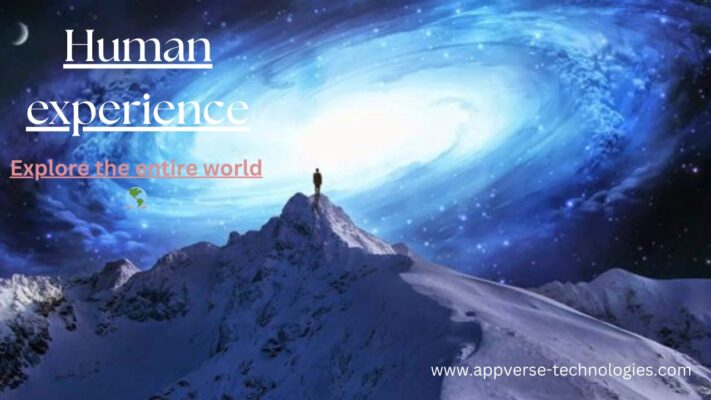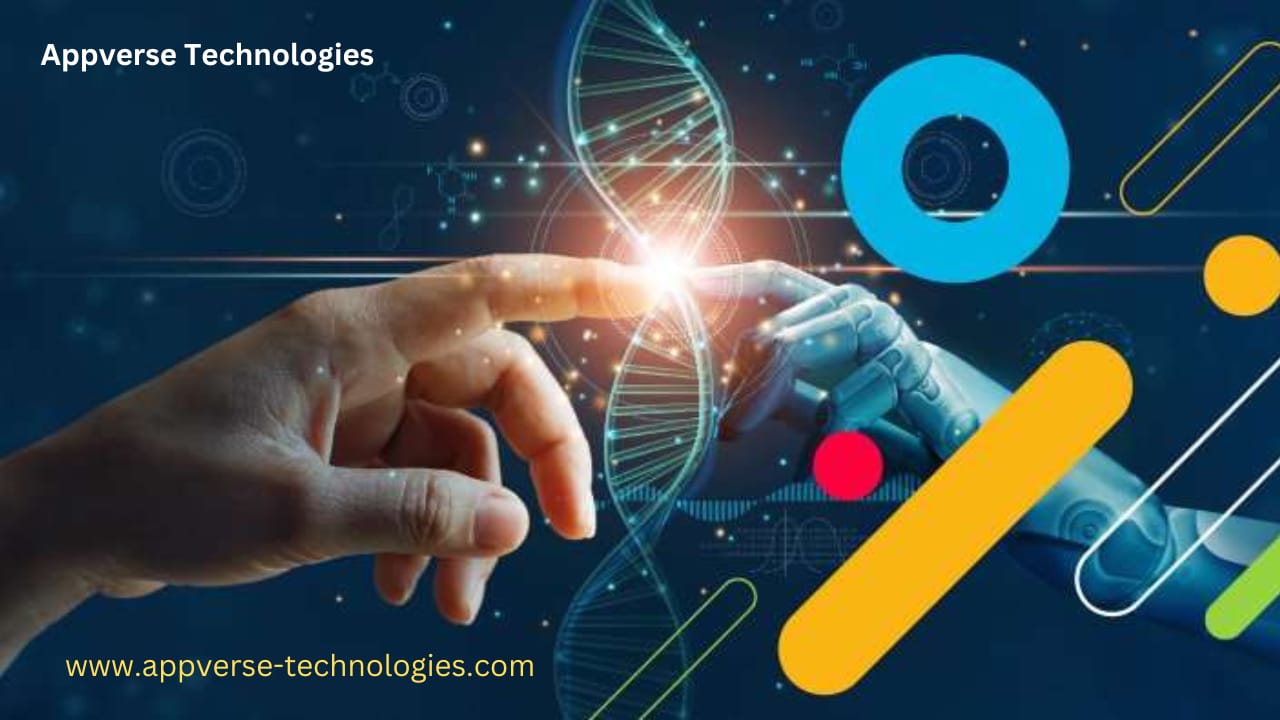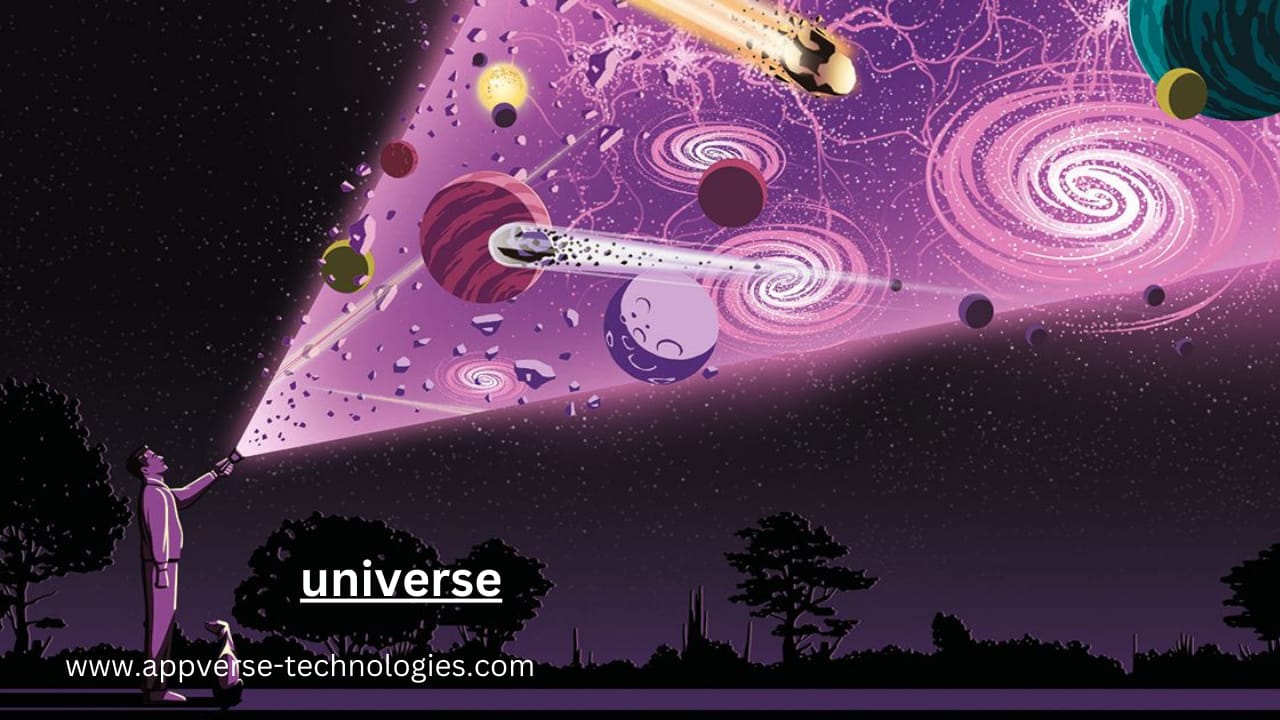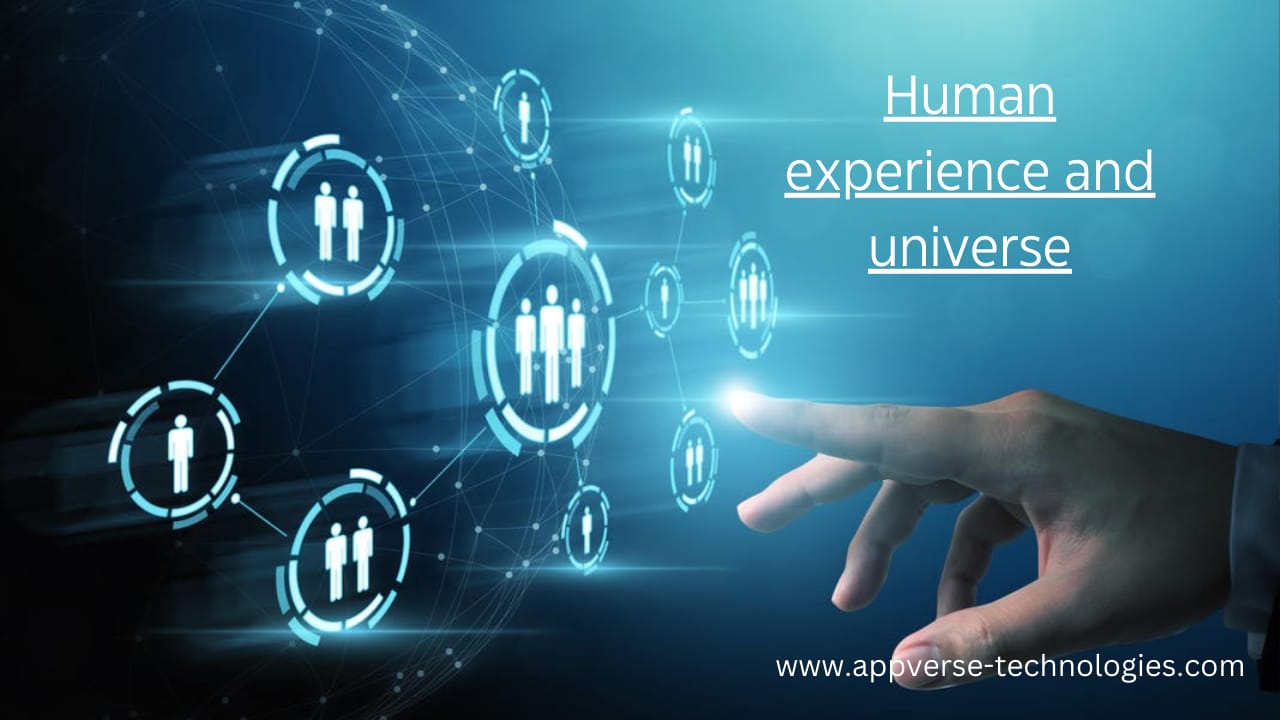
The human experience is a tapestry woven with the threads of individual lives, societal progress, and the boundless exploration of the universe. Each person’s life story is unique, yet collectively, we share a common journey through existence. As we navigate through our lives, we continuously seek to understand our place in the cosmos. This quest for understanding not only defines our species but also shapes the way we interact with the world and each other.
In this exploration, we will delve into the profound nature of human experience and its significance within the vast expanse of the universe.
The Journey of Human Consciousness
Human consciousness is one of the most remarkable phenomena in the universe. It allows us to reflect on our existence, ponder our origins, and envision our future. Our cognitive abilities have enabled us to create art, build civilizations, and develop advanced technologies. This journey of consciousness began millions of years ago with our early ancestors, who first exhibited signs of self-awareness and abstract thinking.
As our brains evolved, so did our capacity for language, culture, and complex social structures. These developments set the stage for the rich diversity of human experiences we see today. The ability to communicate and share knowledge has allowed us to pass down wisdom through
generations, leading to exponential growth in our understanding of the world.
Emotions and Relationships
Emotions are another fundamental aspect of the human experience. They color our perceptions and drive our actions. From the depths of despair to the heights of joy, emotions are a powerful force that shapes our lives. They influence our relationships, our decisions, and our sense of self.
Human connections, built on shared emotions and experiences, are central to our existence. Relationships with family, friends, and communities provide us with support, meaning, and a sense of belonging. These bonds form the fabric of society, connecting individuals to a larger whole.
The Role of Culture and Society
Culture and society play crucial roles in shaping human experience. They provide the framework within which individuals develop their identities, values, and beliefs. Each culture offers a unique perspective on life, influenced by historical, geographical, and social factors. These diverse perspectives contribute to the richness of human experience, as they offer different ways of interpreting the world and our place in it.
Societies evolve over time, adapting to new challenges and opportunities. The progress of human civilization can be seen in the development of art, science, technology, and governance. From the ancient civilizations of Mesopotamia and Egypt to the modern globalized world, each era has added new layers to the collective human experience.
The Quest for Knowledge
One of the most defining aspects of human experience is our insatiable curiosity. Throughout history, humans have sought to understand the natural world and the cosmos beyond. This quest for knowledge has driven scientific and philosophical inquiry, leading to groundbreaking discoveries and transformative innovations.
The scientific revolution of the 16th and 17th centuries marked a significant turning point in our understanding of the universe. Figures like Galileo, Newton, and Kepler challenged traditional views and laid the foundation for modern science. Their work revealed a universe governed by natural laws, inspiring generations of scientists to explore further.
In the 20th century, the advent of space exploration opened new frontiers for human curiosity. The Apollo moon landings, the Voyager probes, and the Hubble Space Telescope provided unprecedented insights into our solar system and beyond. These achievements remind us of our ability to transcend earthly limitations and reach for the stars.
Our Place in the Cosmos
Despite our advancements, the universe remains vast and largely mysterious. Our planet, Earth, is just one of billions of planets orbiting billions of stars in the Milky Way galaxy, which is itself one of trillions of galaxies in the observable universe. This immense scale can make human existence seem insignificant, yet it also highlights the rarity and preciousness of life.
The search for extraterrestrial life is a testament to our desire to understand our place in the cosmos. The discovery of even microbial life beyond Earth would have profound implications for our understanding of biology, evolution, and the uniqueness of human experience. Until then, we must cherish and protect the fragile biosphere that sustains us.

The Ethical Dimension
As we navigate the complexities of modern life, ethical considerations become increasingly important. Our technological capabilities have given us the power to shape the future in unprecedented ways, but with this power comes responsibility. Climate change, resource depletion, and social inequalities are just a few of the challenges that require ethical solutions. The human experience is deeply intertwined with the well-being of our planet and all its inhabitants. Recognizing this interconnectedness calls for a sense of stewardship and compassion. By fostering empathy and cooperation, we can create a more just and sustainable world.
The Future of the Human Experience
The future of human experience is filled with both promise and uncertainty. Advances in artificial intelligence, biotechnology, and space exploration hold the potential to transform our lives in ways we can scarcely imagine. These developments could enhance our understanding of consciousness, extend human lifespan, and enable us to colonize other planets.
However, these advancements also pose ethical and existential questions. As we integrate technology into our lives, we must consider the implications for our identity, privacy, and autonomy. The prospect of human enhancement and the potential for creating artificial life forms
challenge our traditional notions of what it means to be human.
Does the human body resemble the Universe?
In some ways, yes, the human body does bear resemblances to the universe. Both are incredibly complex systems with interconnected components. Here are a few intriguing parallels:
- Structure and Scale: The universe is vast, with galaxies, stars, and planets organized in a complex structure. Similarly, the human body has a hierarchical structure, from organs to tissues to cells, all the way down to atoms and subatomic particles.
- Patterns and Symmetry: Both the universe and the human body exhibit patterns and symmetry at various scales. For example, the spiral shape appears in galaxies as well as in the structure of DNA.
- Energy Flow: Energy flows through both the universe and the human body. In the universe, this includes phenomena like gravity, electromagnetism, and nuclear forces. In the body, energy flows through biochemical reactions, nerve impulses, and metabolic processes.
- Balance and Harmony: The universe operates under certain physical laws that maintain balance and harmony. Similarly, the human body maintains homeostasis, a state of equilibrium necessary for optimal functioning.
- Mystery and Exploration: Both the universe and the human body hold mysteries yet to be fully understood. Scientists continuously explore the cosmos and the complexities of human biology to unravel their secrets.
While these similarities are fascinating, it’s important to remember that they are metaphorical rather than literal. The universe and the human body are distinct entities with their own unique characteristics and processes.

The Human Experience and it’s place of Universe – An Islamic Perspective
In the vast expanse of the universe, amidst galaxies, stars, and cosmic phenomena beyond our comprehension, lies a tiny speck of life – planet Earth. And on this speck, amidst diverse ecosystems and landscapes, exists humanity – a species endowed with consciousness, intellect, and spirituality. From the perspective of Islamic teachings, the human experience is not merely a random occurrence but a profound manifestation of divine purpose within the cosmic order.
Understanding Humanity’s Place in the Universe:
In Islam, the universe is seen as a creation of Allah, imbued with signs (Ayat) that reflect His wisdom, power, and mercy. Human beings, as part of this creation, hold a unique position – they are described as the “vicegerents” or stewards of the Earth, entrusted by Allah with the
responsibility of maintaining balance and harmony (Quran 2:30). This divine trust underscores the significance of human experience within the broader context of the universe.
The Quranic Perspective on Human Creation and Purpose:
According to Islamic belief, Allah (God) created the heavens and the Earth, and everything within them, including humanity. The Quran states, “And We have certainly created man and We know what his soul whispers to him, and We are closer to him than [his] jugular vein” (Quran 50:16). This verse highlights the intimate connection between the Creator and the created, emphasizing divine knowledge of the innermost thoughts and struggles of humanity.
The Purpose of Human Existence:
Islam teaches that humans are entrusted with the responsibility of stewardship (khalifah) over the Earth. This entails caring for the environment, maintaining justice and equity, and fostering harmony within society. The Quran states, “It is He who has made you successors upon the earth…” (Quran 35:39). This stewardship role emphasizes the importance of ethical conduct and the preservation of God’s creation.
The Human Experience as a Journey of Spiritual Growth:
In Islamic teachings, the human experience is viewed as a journey of spiritual growth and self discovery. Through trials, tribulations, and moments of reflection, individuals can deepen their relationship with Allah, cultivate virtuous qualities, and overcome spiritual obstacles.
The Quranic narrative is replete with stories of prophets and righteous individuals who exemplify resilience, patience, and unwavering faith in the face of adversity. These narratives serve as beacons of guidance for believers, reminding them of the transformative power of faith
and perseverance.
Moreover, Islam emphasizes the importance of self-reflection (Mahasabha) and self improvement (Tazkiyah), encouraging individuals to introspectively examine their thoughts, actions, and intentions. By purifying the heart and cultivating virtuous qualities such as humility, gratitude, and compassion, individuals can attain spiritual elevation and draw closer to Allah.
The Human Experience as a Test of Faith:
In Islamic theology, the human experience is often described as a test or trial (fitnah) designed to assess one’s faith, character, and obedience to Allah’s commandments. Adversity, suffering, and challenges are viewed not as arbitrary injustices but as opportunities for spiritual growth and moral refinement.
The Quran states, “And We will surely test you with something of fear and hunger and a loss of wealth and lives and fruits but give good tidings to the patient” (Quran 2:155). This verse underscores the inevitability of trials in human life and the importance of patience, perseverance, and trust in Allah’s wisdom during times of adversity.
Real life Example of Human Experience and it’s Place of Universe:
The human experience is a complex and multifaceted phenomenon that encompasses our thoughts, emotions, relationships, struggles, triumphs, and everything in between. It’s our unique journey through life, shaped by our interactions with the world around us and the people we encounter.
Moreover, Islam teaches that individuals will be held accountable for their actions in the Hereafter, where they will be judged based on their deeds and intentions. The human experience and its place in the universe are a deeply philosophical and existential question that has fascinated thinkers, scientists, and religious scholars throughout history. There are numerous examples of individuals who have pondered this question and embodied it in their lives.
- One prominent example is Ibn Sina, also known as Avicenna, a Persian polymath who lived during the Islamic Golden Age. Ibn Sina was not only a philosopher but also a physician, astronomer, and mathematician. His philosophical works, particularly his masterpieces “The Book of Healing” and “The Canon of Medicine,” explore the nature of existence, the soul, and the cosmos. Ibn Sina grappled with questions about the human experience and its relationship to the universe, drawing from both Islamic thought and the classical Greek philosophical tradition.
- Another example is Rumi, a 13th-century Persian poet and mystic whose works, such as the “Mathnawi” and the “Divan-e Shams-e Tabrizi,” delve into themes of love, spirituality, and the interconnectedness of all beings. Rumi’s poetry often reflects on the human experience as a journey of self-discovery and a quest for union with the divine. His writings emphasize the idea that humans are intimately connected to the cosmos and that understanding our place in the universe requires introspection and spiritual insight.
- When astronauts first set foot on the moon, it wasn’t just a scientific achievement; it was a deeply human experience. It represented our innate drive to explore, to push boundaries, and to seek understanding beyond the confines of our own planet. It also highlighted our capacity for cooperation and ingenuity as a species, as nations came together to achieve a common goal.
Conclusion
The human experience is a journey of self-discovery, exploration, and connection. It is shaped by our consciousness, culture, and society, driven by our quest for knowledge, and defined by our place in the cosmos. As we continue to navigate this journey, we must embrace our responsibility to each other and the planet. By doing so, we can ensure that the human experience remains rich,
meaningful, and sustainable for generations to come.
The journey of human experience is characterized by spiritual growth, self-discovery, and the test of faith. Through trials, tribulations, and moments of reflection, individuals can deepen their relationship with Allah, cultivate virtuous qualities, and attain spiritual elevation.
Ultimately, the human experience is a manifestation of divine purpose within the grandeur of the universe, reminding individuals of their inherent dignity, value, and accountability before their Creator. It is through embracing this purpose and striving for excellence in all endeavors that humans can fulfill their noble destiny as the stewards of creation.


Alizay Ali is a skilled HR manager with two years of experience at AppVerse Technologies. With her strong interpersonal skills and expertise in talent acquisition, employee engagement, and HR operations, she plays a pivotal role in fostering a positive and productive work environment. She with a passion for learning and a drive to succeed, she eagerly embraces new challenges and is poised to make her mark in the ever-evolving world of technology
